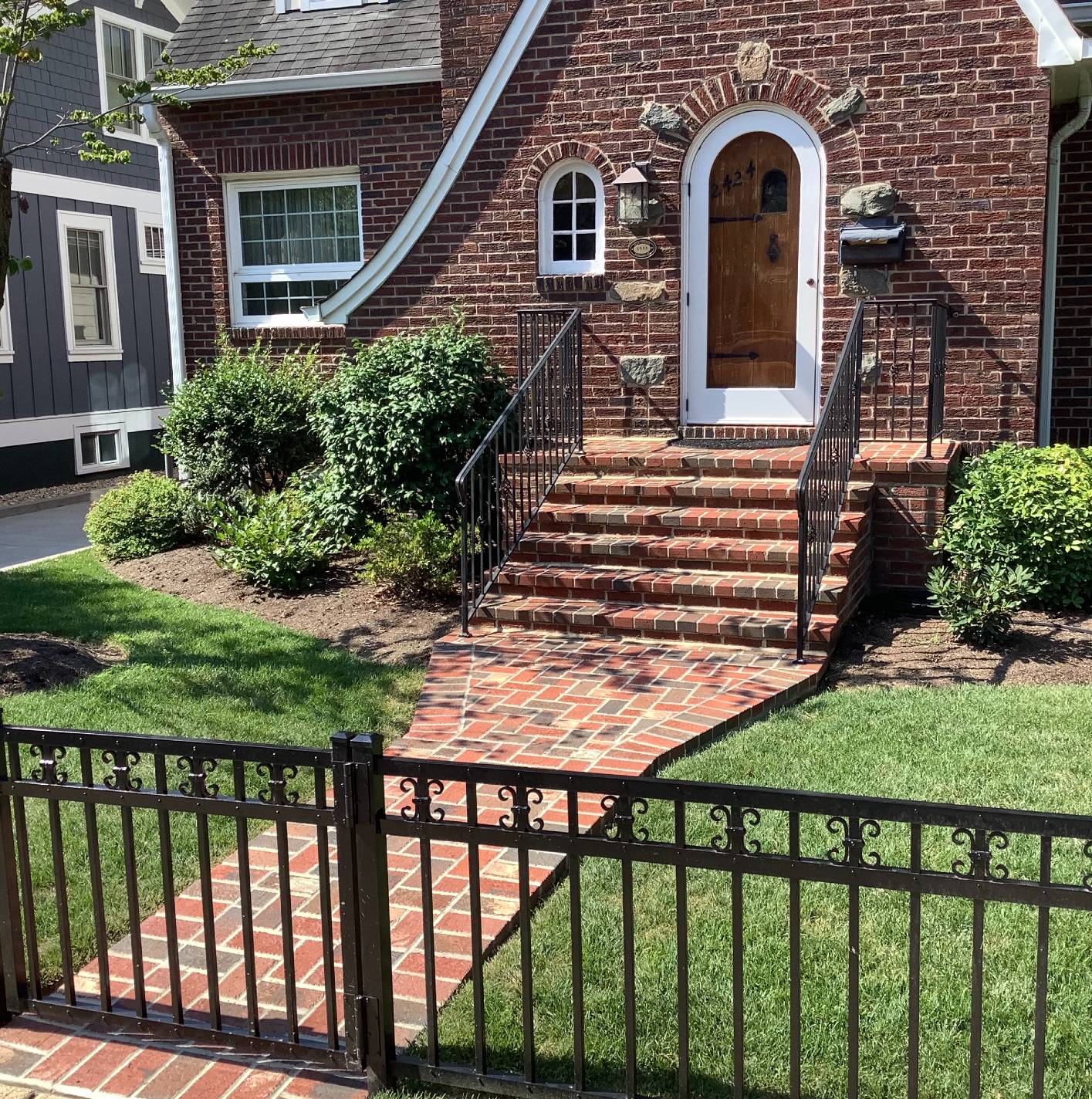Why does masonry grout crack and grumble?
Stone and brick are durable, but they require regular maintenance to stay strong and look their best. Have you noticed cracks or crumbling in your grout? Here are the top causes of grout damage and what you can do to correct the problem.
1. Excess Moisture
Stonework that frequently gets wet, such as masonry that’s near a fountain or pool, can hold on to moisture. Even using power washers or steam cleaners can leave excess moisture on your grout. Over time, your grout will weaken and develop mold. Mold will compound the problem even further.
Solution: Your masonry professional can remove old, mildewed grout. Restoration will include fresh grout and application of a grout seal to protect your grout against wetness.
2. Chemical Damage
Harsh abrasives are a major cause of grout damage.
Using the wrong cleaning product on your stone can damage your grout. If you regularly clean it with bleach or use deicing salt in the winter, you are causing long-term damage to your masonry structures. Salt is highly corrosive and damaging to all types of masonry.
Solution: Stop using harsh abrasive chemicals on your stone. Ask your masonry professional about safe cleaning products for your stone and mortar.
3. Steel Expansion
Stonework that is supported by steel can develop cracks. Some examples are garage doors, windows and doorways. Daily use of these entry points leads to wear on the steel. Steel and brick expand and contract at different rates, and this causes gaps between them.
Solution: Contact a masonry repair professional for a consultation. Your grout may need caulking to prevent future shifts and cracks.
4. Joint Decomposition
When water seeps into the mortar, cracks can form along the joints that connect the mortar at the corners of each stone or brick. Portland or cement mortar is harder and will fall out in large chunks. A lime-based mortar will fall out in small, crumbling pieces. Once the grout starts falling, immediate repair is necessary.
Solution: Ignoring these hairline cracks will lead to further problems. You may need professional repointing to restore your grout.
5. Improper Installation
If the original installers didn’t mix the mortar correctly, your grout will develop problems. Grout is a mixture of water and a base material. If isn’t mixed to the correct ratio, it won’t dry correctly. This will show up later as powdery, soft grout that doesn’t hold the stone together.
It can also occur if the installer used expired grout. Grout has a shelf life of about a year. Expired grout won’t adhere and will cause the same problem.
Solution: It’s not possible to repair improperly installed grout. Your masonry expert must remove the old grout and replace it.
Call Capital Masonry for All Your Grout Problems
When you need grout repair or other masonry projects, call Capital Masonry. We are a third-generation family business with hundreds of satisfied clients in Virginia, Maryland, and Washington, D.C. When you need professional masonry installation or repair, call us.
